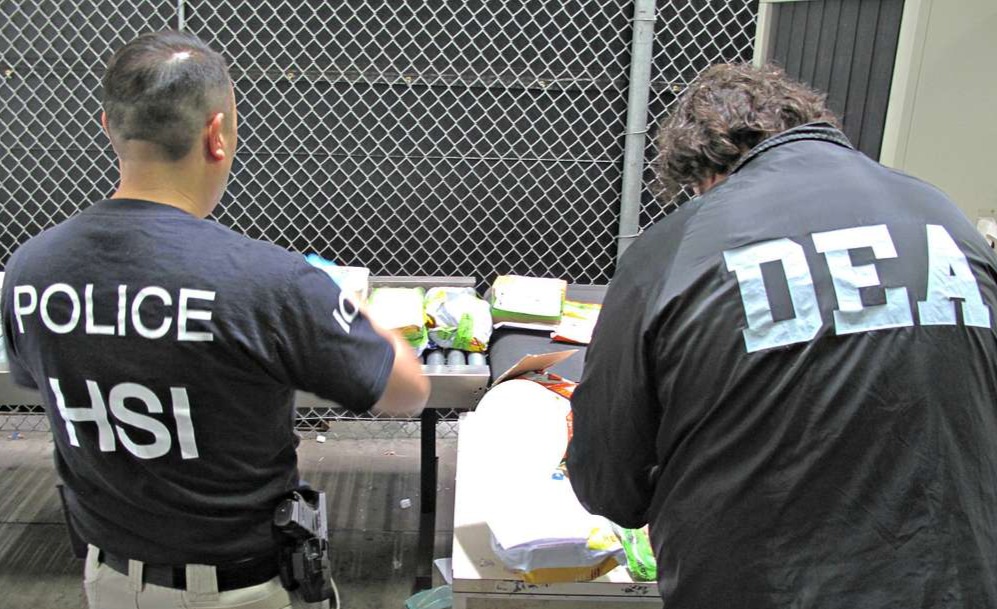Were Kevin Jon Heller and I Both Wrong?
Earlier this week, Kevin Jon Heller and I had an exchange over what the Pakistani doctor who helped the CIA, Akhil Afridi, was actually charged with and convicted of. Writing at Opinio Juris, Kevin dismissed suggestions by Secretary of Defense Leon Panetta that the doctor was charged because he helped the CIA find the world's most wanted terrorist and said he was charged because he ran a fake vaccination campaign.
Earlier this week, Kevin Jon Heller and I had an exchange over what the Pakistani doctor who helped the CIA, Akhil Afridi, was actually charged with and convicted of. Writing at Opinio Juris, Kevin dismissed suggestions by Secretary of Defense Leon Panetta that the doctor was charged because he helped the CIA find the world's most wanted terrorist and said he was charged because he ran a fake vaccination campaign. I, citing Pakistani press reports regarding the charges against Dr. Afridi, suggested that helping the CIA seemed precisely why he was charged.
Now it turns out we might both be wrong. The Associated Press has obtained a copy of the judgment. And it is reporting that,
Pakistan doctor who assisted the CIA in tracking down Osama bin Laden was sentenced to 33 years in prison for conspiring with an Islamist militant commander, a verdict that will make it more difficult for Washington to argue for his release. . . . The decision referred to unspecified evidence that Afridi had “acted” with foreign intelligence agencies, but went on to say any charges related to that couldn’t be considered because the court didn’t have jurisdiction. The Associated Press obtained a copy of the five-page document, first reported by Pakistan’s Dawn newspaper, on Wednesday. . . . The fact Afridi was technically convicted for militancy, not helping the CIA, could complicate Washington’s efforts to press for his release. Pakistan could argue that his trial was an internal matter that has nothing to do with the United States. The verdict said Afridi was guilty of conspiring with a militant group led by commander Mangal Bagh. It said he gave money to the group and treated its leaders at a hospital in Khyber when he was stationed there. According to unnamed witnesses, he did this because of his “deep affiliation with the group.” Others, also unnamed, said the group planned terrorist attacks in Afridi’s office. The verdict, which was passed down last week, found Afridi guilty of “conspiring against the state” and other charges. Pakistani officials didn’t attempt to correct widespread reports that the charges referred to his work with the CIA. The verdict triggered anger in the United States and elsewhere, with many questioning how helping kill bin Laden — a sworn enemy of Pakistan — could be seen as working against the state. The full text of the verdict means Pakistan can now, technically at least, deflect that criticism.
Benjamin Wittes is editor in chief of Lawfare and a Senior Fellow in Governance Studies at the Brookings Institution. He is the author of several books.





